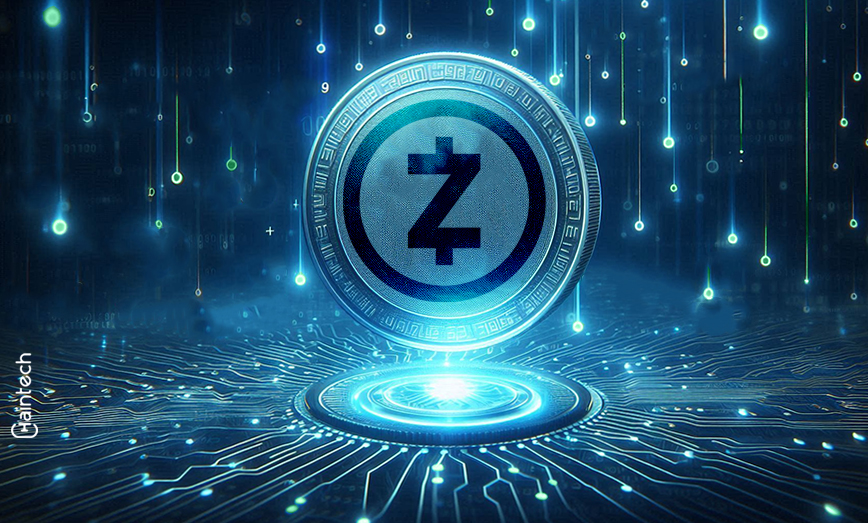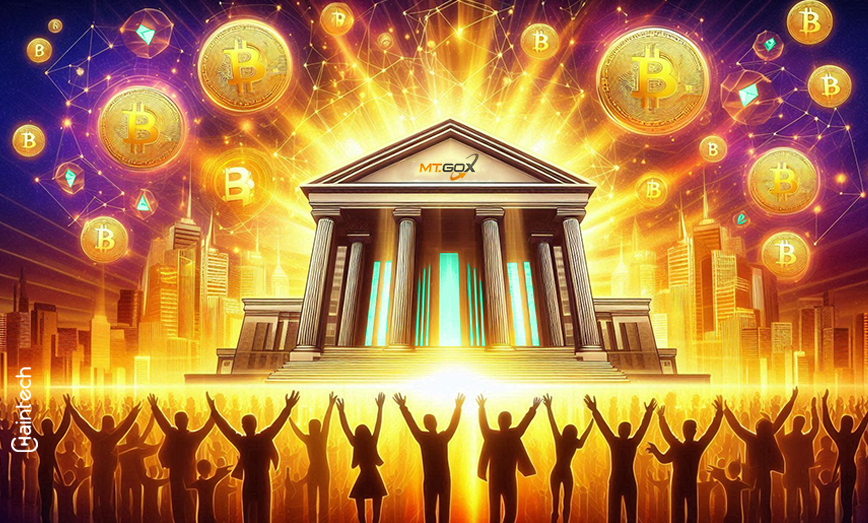Everything you need to know about Zcash (ZEC)

Despite regulatory issues, anonymity-focused cryptocurrencies are appealing in a world where personal data, preferences, and activities are recorded and documented. Zcash, a pioneering digital currency, aims to provide users with control and anonymity.
Since 2016, Zcash has offered improved privacy and security. Zcash completely hides sender, receiver, and amount information, unlike many other cryptocurrencies. This feature uses zk-SNARKs (Zero-Knowledge Succinct Non-Interactive Arguments of Knowledge), a powerful cryptographic approach for secure transactions without revealing facts.
Zcash is preferred by privacy-conscious consumers because it addresses digital privacy problems. Zcash gives customers financial data freedom by offering visible and protected transactions. Understand it better.
What is Zcash?
Zcash, a decentralised blockchain cryptocurrency, uses strong cryptography for security and anonymity. Zcash, launched in 2016, uses shielded addresses to protect user anonymity and is based on open-source code like Bitcoin.
Zcash’s privacy features rely on zk-SNARKs, a sort of zero-knowledge proof technique. Blockchain nodes can validate transactions without revealing users’ transaction data. Zk-SNARKs verify transactions without revealing the sender, receiver, or transaction amount.
The “Trusted Setup,” a complex, secure multi-party calculation, sets the public parameters needed to build and validate private transactions with zk-SNARKs. Zcash is popular with digital transaction privacy seekers due to its characteristics.
Zcash lets users disclose transaction information, including addresses, for audits and tax compliance, despite its privacy focus.
Trading exchanges list Zcash as “ZEC.” Zcash uses Bitcoin’s proof-of-work SHA-256 hash mechanism for security. The network is secure and strong. Zcash is traded on Binance, Coinbase Exchange, Kraken, and KuCoin, demonstrating its appeal among crypto fans.
Zcash, a major cryptocurrency participant, offers a secure and private cryptocurrency transaction option in a digital age where privacy is vital.
History of Zcash
In 2013, Johns Hopkins University professor Matthew Green and some of his graduate students proposed “Zerocash.” They wanted to make a Bitcoin privacy plugin. After Bitcoin’s core developers rejected the concept, Green and his colleagues created a new cryptocurrency based on Bitcoin’s technology.
The team founded the Zcash Company and hired CEO Zooko Wilcox-O’Hearn to realize this objective. The initiative received over $3 million from venture capitalists. According to ex-NSA whistleblower Edward Snowden was one of six people who created Zcash’s first public address before its launch, emphasising the value of privacy.
Zcash debuted on October 28, 2016. The launch featured a coin with advanced cryptographic privacy characteristics.
Post-launch, the Zcash Company became the Electric Coin Company. The Electric Coin Company and the nonprofit Zcash Foundation develop and maintain the Zcash protocol and blockchain, providing privacy and security.
Zcash’s rise from a theoretical idea at Johns Hopkins University to a working cryptocurrency shows its unique position in the digital currency environment, driven by user privacy and secure transactions.
How does Zcash (ZEC) work?
The privacy-focused digital currency Zcash uses advanced mathematics and computer science to enhance security. It offers fast, low-cost transactions across the network. Zcash allows shielded transactions to protect personal data.
The primary structure of Zcash allows privacy through private Z-addresses and public T-addresses. The type of address and value transfer direction determine transaction privacy.
Z-to-Z transactions are recorded on the public blockchain, validating their completion and fees. Private information, including sender and receiver addresses, transaction amounts, and memo fields, is encrypted. This encryption protects sensitive data.
Users can share transaction details with trusted third parties using view keys and payment disclosure. This flexibility lets users comply with audits and requirements while maintaining privacy.
Zcash is a flexible and secure digital transaction platform that combines blockchain openness with customisable privacy features.
Key features of Zcash (ZEC)
1. Modified Bitcoin Code:
Zcash is based on modified Bitcoin code. This means it shares many fundamentals with Bitcoin, like the coin supply cap.
2. Limited Supply:
Zcash (ZEC) has a 21 million coin supply, similar to Bitcoin. Scarcity helps preserve cryptocurrency value.
3. Mining and Proof-of-Work (PoW):
To create new ZEC coins, a consensus procedure called proof-of-work (PoW) is used during the mining process. Miners solve difficult arithmetic problems to add blocks to the network.
4. Optional Anonymity with Shielded Addresses:
Unlike Bitcoin, Zcash allows users to employ shielded addresses for increased privacy. The Zcash blockchain hides protected address transactions, ensuring users’ privacy.
Transparent addresses, like Bitcoin addresses, are publicly recorded on the blockchain.
5. Zcash Ceremony (Trusted Setup):
The Zcash blockchain was created by a unique “Zcash ceremony” or “trusted setup” at the time of formation. A trusted group created the blockchain master public key. After setup, the organisation had to delete all master key data to prevent blockchain manipulation.
This procedure has been criticised for the absence of confirmation that the setup was correct and that all critical data was erased.
6. Advanced Privacy Feasibility
Zcash leverages zk-SNARKs (Zero-Knowledge Succinct Non-Interactive Arguments of Knowledge) for shielded transactions. This permits transaction verification without giving specifics.
Zcash (ZEC) vs. Bitcoin
Key differences between Zcash and Bitcoin:
1. Privacy Protocol:
Zcash:
Includes zk-SNARKs for untraceable transactions. This advanced cryptography hides the sender, receiver, and transaction amount.
Bitcoin:
Not privacy-integrated like zk-SNARKs. Since bitcoin transactions are pseudonymous, wallet addresses and transaction information can identify users on the blockchain.
2. Privacy
Zcash:
True anonymity comes via shielded transactions. The zk-SNARKs technology enables anonymous transactions.
Bitcoin:
Anonymous transactions. Blockchain analysis shows transaction history and wallet addresses, but not user names.
3. Block Time:
Zcash:
Zcash adds a blockchain block every 75 seconds. Transaction confirmations are faster than Bitcoin.
Bitcoin:
Blocks take 10 minutes, slowing blockchain validation and adding.
4. Other Privacy-Based Cryptocurrencies:
Zcash:
Zk-SNARKs are employed; however, Monero, DASH, Horizen, and Verge are privacy-focused coins.
Bitcoin:
Bitcoin, albeit not privacy-focused, inspired these alternatives.
Conclusion
After overcoming challenges, Zcash delivers a distinct privacy value proposition. Zcash attracts privacy-conscious investors and customers.
Zcash allows private transactions, making cryptocurrencies more accessible to security-conscious and anonymous users. Unlike many other cryptocurrencies, its innovative zk-SNARKs mechanism protects transaction data like sender and receiver addresses and amounts.
Recently, Zcash founder Zooko Wilcox-O’Hearn has advocated for transitioning from energy-intensive “proof-of-work” to eco-friendly “proof-of-stake”. Network nodes could pledge holdings as collateral, which they could lose if dishonoured. According to Wilcox-O’Hearn, “proof-of-stake” is cheaper, faster, and safer. This might minimise Zcash’s carbon footprint and align it with successful “proof-of-stake” projects like Algorand, Cardano, and Tezos.
In conclusion, Zcash’s secrecy and sustainability make it a noteworthy digital currency. Zcash is a secure, eco-friendly cryptocurrency.









